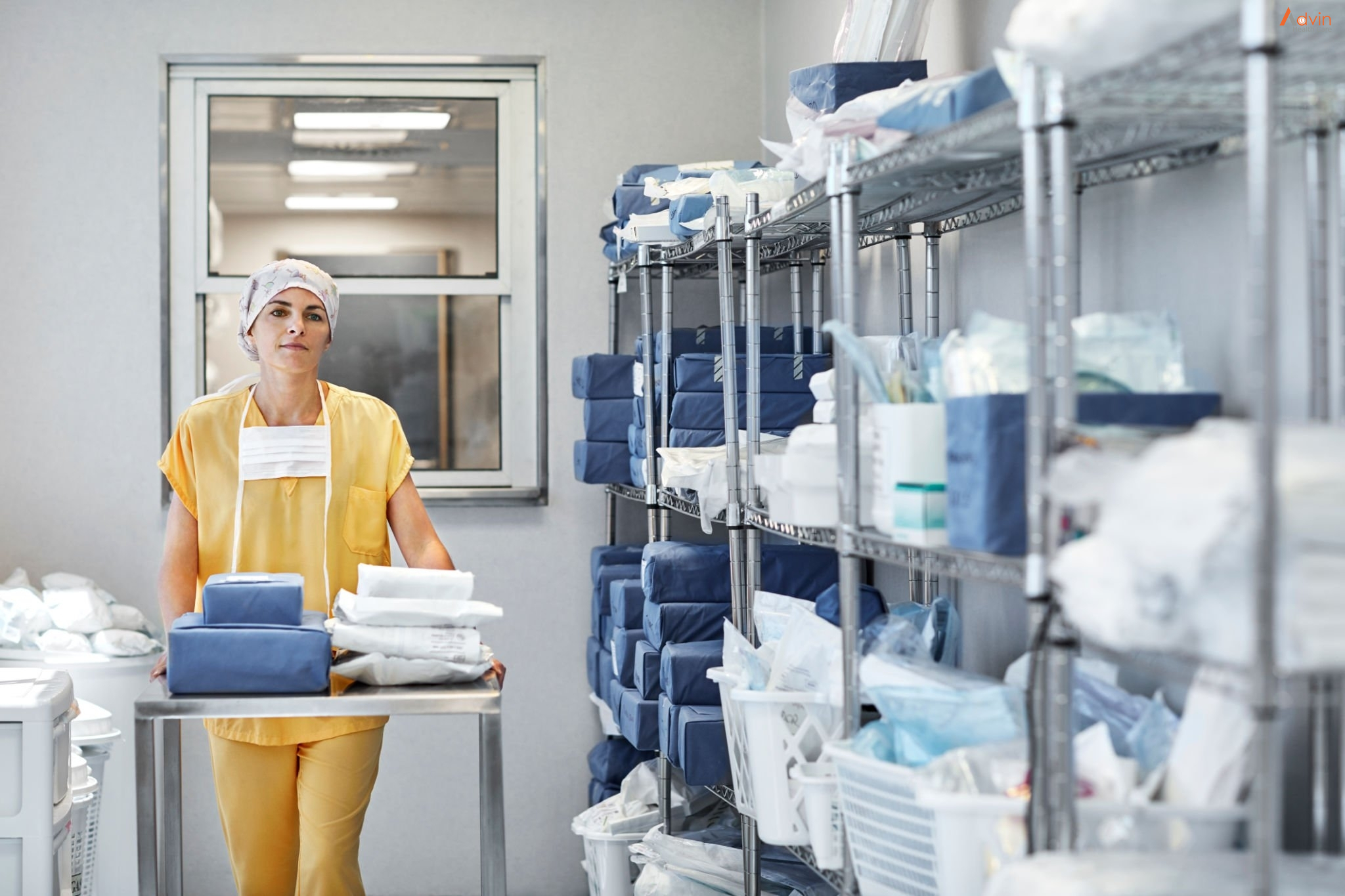Disposable supplies in healthcare play a crucial role in modern healthcare settings, enhancing both safety and efficiency. From gloves to syringes, these single-use items are integral in preventing the spread of infections and ensuring a sterile environment. But what exactly are the benefits of these supplies? How do they contribute to the overall quality of care in medical facilities?
The adoption of disposable medical supplies has revolutionised the way healthcare is delivered. Using gloves, masks, and gowns has significantly reduced the risk of cross-contamination, protecting patients and medical professionals. This article explores the importance of these supplies, highlighting their benefits and addressing some common concerns.
Enhancing Patient Safety
One of the primary advantages of disposable supplies is the enhancement of patient safety. Single-use items eliminate the risk of infection transfer from one patient to another. For instance, using a new syringe for each patient prevents the transmission of bloodborne diseases. This approach has been vital in maintaining high hygiene standards in hospitals and clinics.
Moreover, disposable items are designed to meet strict quality standards. This ensures that each item is sterile and ready for use, protecting patients. Consistent use of disposable supplies has significantly decreased hospital-acquired infections, showcasing their effectiveness in promoting a safe healthcare environment.
Improving Operational Efficiency
Another significant benefit of disposable supplies is operational efficiency. The use of single-use items streamlines various processes within healthcare facilities. For example, disposable gloves and gowns eliminate the need for sterilisation, saving time and resources.
Additionally, the convenience of disposable supplies means that healthcare providers can quickly replace items as needed, reducing delays in medical procedures. This efficiency is particularly crucial in emergencies where time is of the essence. The ability to promptly access sterile supplies can significantly affect patient outcomes.
Cost-Effectiveness in the Long Run
While disposable supplies may seem more expensive initially, they can be cost-effective in the long run. The costs of sterilising and maintaining reusable items can add up over time. Healthcare facilities can reduce these expenses and allocate resources more effectively using disposable items.
Moreover, the prevention of infections through the use of disposable supplies can lead to cost savings. Treating infections acquired in healthcare settings can be costly in terms of medical expenses and extended hospital stays.
Reducing Environmental Impact
The environmental impact of disposables is a common concern. However, advancements in technology have led to the development of more eco-friendly options. Many manufacturers are now producing disposable items that are biodegradable or made from recyclable materials, which helps mitigate the environmental footprint of these supplies.
Healthcare facilities also adopt better waste management practices to handle disposable items responsibly. Hospitals and clinics can minimise the environmental impact by properly segregating and disposing of medical waste while maintaining the benefits of disposable supplies.
Adapting to Changing Healthcare Needs
The healthcare terrain is constantly evolving, and the demand for disposable medical supplies will likely increase. The COVID-19 pandemic has stressed the consequence of having a reliable supply of single-use items to handle public health emergencies. Disposable supplies have been crucial in managing the pandemic and protecting healthcare workers and patients.
As healthcare needs continue to change, the industry must adapt by ensuring a steady supply of disposable items. This involves investing in production capabilities and maintaining robust supply chains to fulfil the growing demand. Ensuring the availability of these supplies is essential for the ongoing provision of safe and effective healthcare.
Disposable medical supplies are indispensable in modern healthcare. While environmental concerns persist, advancements in eco-friendly alternatives and waste management practices are helping to address these issues. As healthcare needs evolve, the reliance on disposable supplies will continue to grow, highlighting their critical role in maintaining high standards of care.

